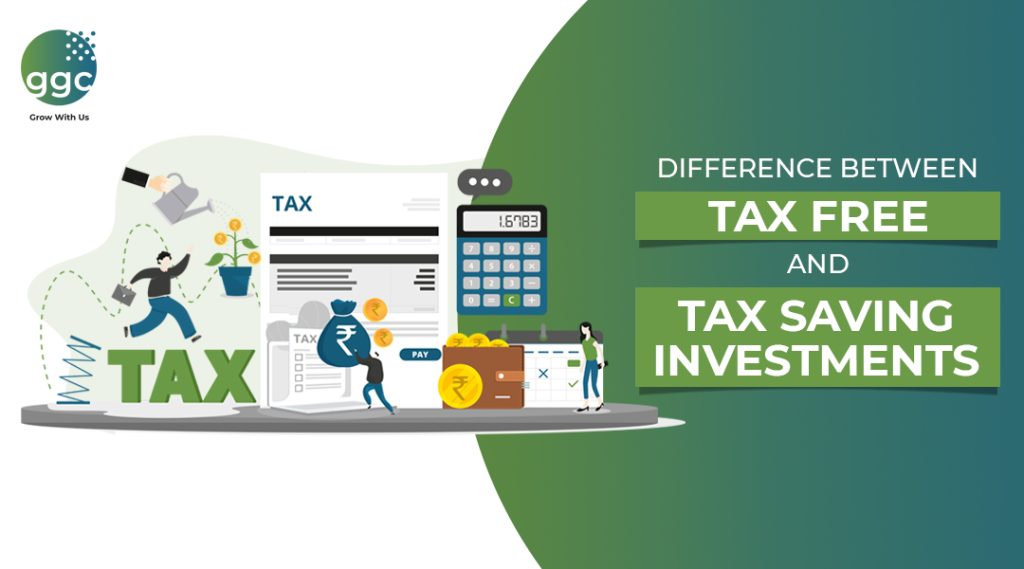We all know and have heard about the Tax, tax redemption, tax deduction, and such terms used in finance and accounts. Here, we will take a deeper look into the differences between Tax-free and Tax saving investments.
Before making an investment: 5 Enquires you should make on a Peer to Peer Platform
What is the meaning of Tax-free?
Tax-free refers to certain types of goods and financial securities, particularly which are not taxable. Tax-free also relates to income that is not taxed. Tax-exempt is another term used for Tax-free.
What does Tax Saving Investment mean?
Tax Saving Investments are an important part of one’s financial planning as they offer tax deductions under section 80C or 80CCC. Taking into account the essence of these investments, people frequently wish to invest.
Why is Tax Savings or Tax-free an important part of finance?
Tax-saving is an integral part of financial planning as an intelligent tax-planning strategy can serve the dual objective of helping individuals meet their financial goals and save tax in the process.
Difference between Tax-Free and Tax Saving Investments
Saving the tax is a dream every salaried or earning member wishes. One should look for investment options that not only help you save tax but also generate tax-free income. Any individual is free to continue their existing/old tax regime. The tax benefits one forgoes by opting for the new tax regime include deductions under section 80C. For a maximum of Rs 1.5 lakh claimed by investing in specified financial products, section 80D for health insurance premium paid, 80TTA for a deduction on savings account interest earned from a bank or post office, etc.
Given below are some tax-free investments to make for a better tax planning:
New Pension Scheme (NPS):
The New Pension Scheme (NPS) is precisely designed to help people save for retirement. Any resident of India from the age of 18 – 60 years bracket can partake in it. It is cost-efficient since fund management charges are low. Given the various options, NPS is helpful for people with irregular risk appetites, looking to set aside money for retirement.
Life insurance:
Insurance helps people encounter a combination of financial plans of an individual and their families. All kinds of life insurance plans including term, endowment, and moneyback qualify for tax benefits on entry and redemption.
Fixed Deposits:
The 5-year tax-saving, fixed deposits in banks, and also post-office time deposits offer tax-free income for all citizens of India. They are one of the best tax-free investments in India for individuals with a low-risk appetite looking to save money over the long term.
Pension:
A pension plan is for individuals to help build a retirement corpus. It is a form of life insurance that provides for a different need. While preservation plans (like term plans) are equipped to financially secure the individual’s family on death, pension plans aim at providing for the individual and his family if he lives on.
Conclusion:
While selecting the correct form of tax saver, among a few other aspects such as security, liquidity, and returns, make sure one understands how the returns would be taxed. If the revenue earned is taxable, the scope to earn money over the long period gets restrained as taxes will eat into the returns. One should be selective and smart about how to be tax-free or invest in tax savings for a better future.
We at GGC provides the best tax free and tax saving investments solutions. We are one of the best Finance Company based in India. A one stop Finance solutions for all your company needs.

